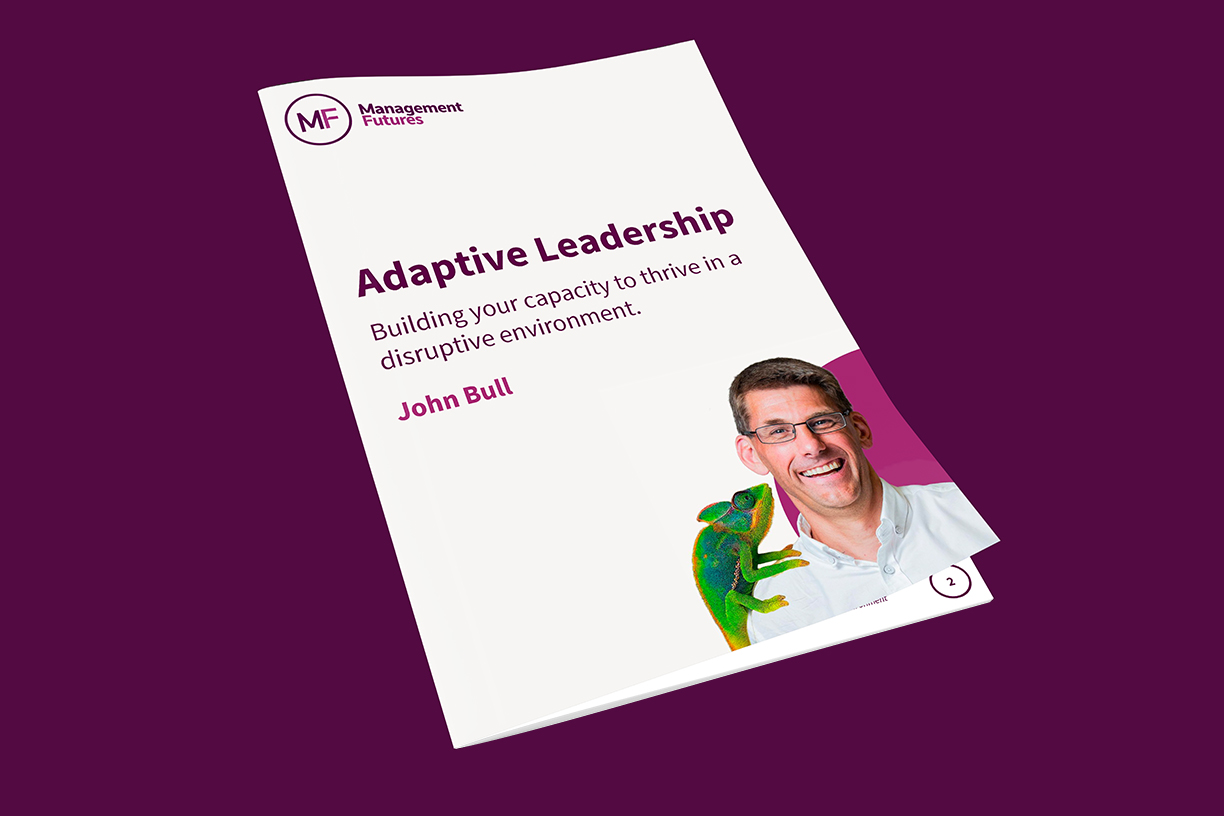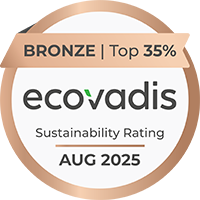Make sure your creative thinking is destined for the win - not the bin.
As mantras go I like ‘Fail fast’. It came up at a workshop I attended recently. Entitled ‘Hacking Creativity’ it was hosted by T-three and led by a chap called Matt Follows.
Matt is a leading light in the Creative industry. He’s worked at M&C Saatchi and Wieden + Kennedy amongst others. His client list is long and impressive including Nike, Virgin, BA and Honda. It was a good workshop - full of anecdotes and tales from a ‘Mad Men’ world.
So, ‘Fail fast’. It was the second time I’d heard it in a month. Ajaz Ahmed the founder and CEO of AKQA, and another high achiever in this field who was sharing tips on high performance leadership, also mentioned it.
Why do I like it? Well it’s short and I can remember it. Over and above that though it suits me right now. I committed to writing this piece about two weeks ago and I’ve not done it. Truth be known I procrastinate big time before writing anything longer than an email.
So, I reviewed my notes from the workshop and decided I’d ‘fail fast’ with it.
So, in a ‘fast’ way I want to share some of the insights from Mr Follows. Insights that I hope help us with our creativity and that of our clients. You can decide if I’ve failed. If I have I’ll have done it quicker than I might have previously.
Okay so… here is a definition of creativity from a chap named John Koo. I’m afraid I didn’t have time to find out exactly who John Koo is but I like the definition so he gets a mention. Here goes: “I define creativity as the entire process by which ideas are generated, developed and transformed into value”.
For leaders or leadership teams who find the notion of creativity a little airy fairy this is a reminder that it has a practical purpose. To add value.
With that in mind, I’d like to share three practical tips to do creativity well and, therefore, add value.
Tip 1 - Interrogator, Fool, Torture Tester.
Matt gave us three stages towards creativity and three characters to remember them by. It sounds a little dark and analogy wise I’m thinking early Black Adder vs The Spanish inquisition.
Interrogator – this is basically good goal setting. He talked about interrogating the problem. Establishing exactly what the issue is and defining what you need any creative solution to solve. If you can get complete clarity on the problem this gives confidence to those tasked with developing the creative solution.
Fool – my favourite stage and a strength of mine. No doubt overplayed. Essentially play dumb, discard logic and ask questions like ‘what’s the stupidest thing we could do?’ or ‘what has no chance of working?’. Matt talked about ‘Mushin no shin’, the Japanese phrase describing the mental state martial artists adopt before combat. The translation to English is
‘Mind without mind’ or ‘the state of no-mindedness’.
A mind not fixed or occupied by thought or feeling and therefore open to everything. Now for many that will be aspirational and those familiar with mindfulness techniques may be on the path. The bottom line – lay aside preconceived ideas and get foolish.
Torture Tester - In creative agencies this role is most often taken by the Creative Director. Employing a mix of logic, gut feeling and experience the process converges on the key question… has it solved the problem? Worth bearing in mind is a safe/scary check too i.e. does the idea feel safe? In which case, it’s probably been done before and is not much of a stretch. Or does it feel scary? Chances are this is a more creative solution. Now you just need the support of others to bring it to fruition – see Tip 3.
Tip 2 - Small group brainstorming.
- First up define exactly what the issue/problem is the team need to solve. See interrogator from Tip 1.
- Once defined Matt suggests people are given time to think and generate ideas in pairs.
- The pairs come back together with the team and present ideas.
- At this point the pairs are encouraged to steal other people’s ideas, either completely or in part to augment their own. Team members reconvene in pairs and build on ideas.
- You continue this pattern for as long as it’s fruitful.
It strikes me that the key to this take on brainstorming is to encourage the stealing of ideas. People can be reticent in building on the ideas of others. Either because they don’t want to be seen to steal or because they feel wedded to their own. A strong theme from the workshop was that many brilliant and creative ideas are begged, borrowed and stolen and simply reworked for a new situation. Get busy stealing!
Tip 3 – Get the environment right.
For coaching we know this to be true. If a client feels safe - trusting the coach and the conditions for the coaching - then they can do great thinking and feeling, ultimately making make great progress. If they don’t feel safe the opposite is true. It’s not a huge leap to make the same connection for creativity.
Many companies bemoan the lack of creativity in their leaders. Yet they don’t provide an environment that supports it. Matt identifies six stages people are likely to experience when bringing a new idea through from initial stages to achieving value.
- “This is awesome!”
- “This is tricky”
- “This is terrible”
- “I am terrible!”
- “This might be okay”
- “This is awesome!”
Most ideas get binned around stages 3 or 4. How much support is given to people at this stage? My guess is not much. Fanfare at the beginning and at the end? Yes. Support when ideas are stalling or confidence is failing? No. Now obviously not all ideas should make the grade but how many brilliant ones never had a chance? One more question – have I failed fast!? Certainly, I was faster than usual. Your call on the failed bit.







